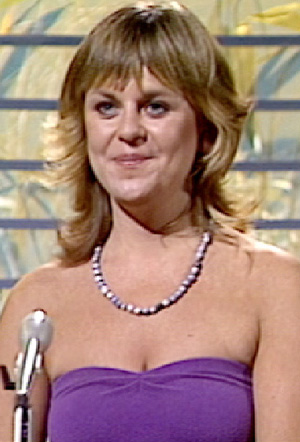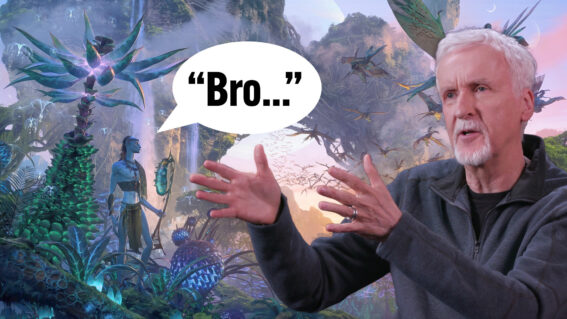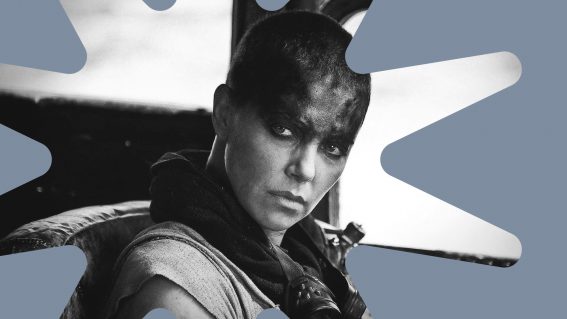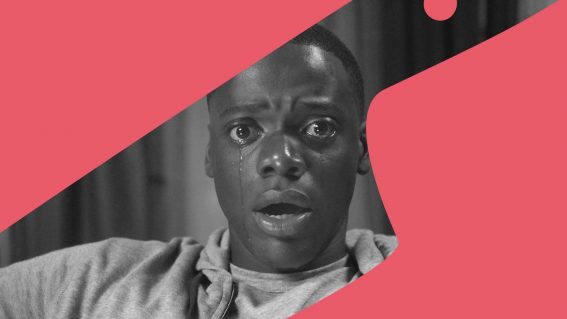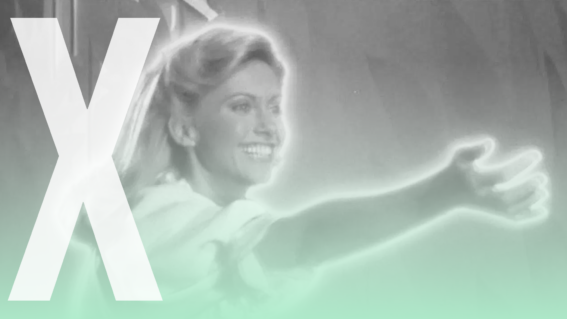Revisit Lynn of Tawa (and so much more) in the Ginette McDonald Collection
A new NZ On Screen Collection celebrates a Kiwi icon, the great Ginette McDonald.
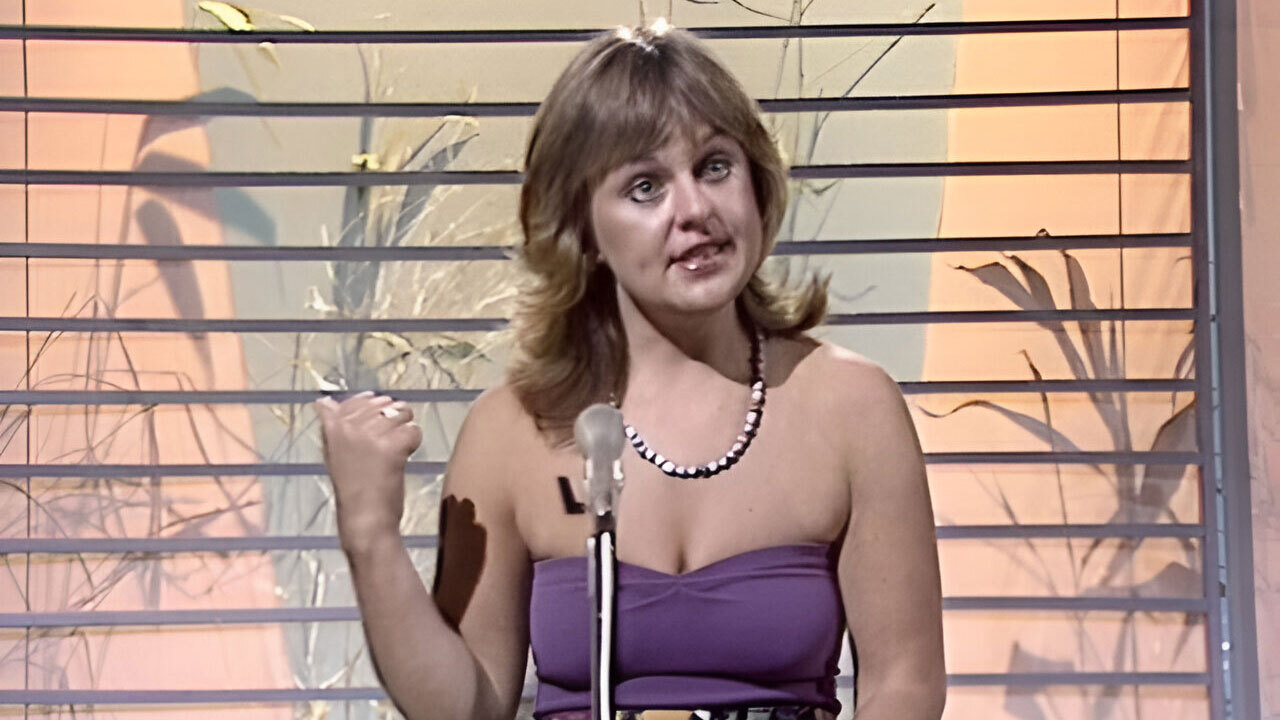

A new NZ On Screen Collection celebrates the great Ginette McDonald and her decades of groundbreaking, hilarious, culture-defining screen appearances. Rachel Ashby details the wealth of historic content available to watch online now.
Ginette McDonald, a tōtara of New Zealand’s stage and screen, has made a career out of telling challenging, funny and daring stories quintessentially of this place. Emerging onto our televisions at a time when cut glass accents prevailed, the characters and stories she brought to life helped redefine our perceptions of ourselves.
As a country, Aotearoa New Zealand is constantly in battle with itself over image. Arguably it comes with the territory of being a relatively young colonial state, where our contested histories still very much rub up against the present: the result for our media and art is a lingering uneasiness with representation. Searching for some concrete understanding of what we look like—or indeed sound like—is an enduring subtext of the works and talents we produce here.
I found myself reflecting on this idea as I watched through a fantastic, extensive new collection of Ginette McDonald’s television works collated by NZ On Screen. Across a variety of genres and roles—both on screen and behind the camera—McDonald has broken new ground in the way we regard the idea of ‘New Zealand-ness’.
The most obvious example is, of course, her most beloved—the rightly iconic Lynn (or Lyn, depending on who you’re asking) of Tawa. The suburbanite teen with a thick, marble-mouthed Kiwi accent has become one of the most durable characters to come out of New Zealand in the late 20th century. Often spoken about in the same breath as her friend John Clarke’s iconic Fred Dagg, Lynn of Tawa was the crassly urban foil to Dagg’s rough-as-guts farmer. Between these two roles, and the boom of new media personalities speaking in their ‘real’ voices on-screen, it was clear that a new way of performing pākeha identity was making its way into pop culture.
McDonald has astutely observed that Lynn’s success came down to her ability to perform an overblown familiarity that viewers could see, if not themselves, perhaps their neighbours or relations in. As a character, Lynn reflected a class system that existed in New Zealand, but was often unacknowledged in pursuit of the colonial goal of mythologising some kind of ‘all things equal’ society. Her gauche language and naive delivery were endearing to audiences, and challenged prevalent attitudes of cultural cringe.
Watching old episodes of the Lynn of Tawa show, it’s easy to see the appeal. The bluntness of McDonald’s delivery is joyful, and her earnestness is infectious. I cackled at Lynn’s directness in asking a very young, cowboy-hat-toting Elton John whether he was looking to settle down with a nice girl while he was in New Zealand. As Michelle A’Court has noted in her backgrounder, the jewel in the crown (pun intended) of Lynn’s career is undoubtedly McDonald’s performance of her at The 1981 Royal Variety Performance. Bold-facedly addressing the Queen and inviting her to Tawa to unveil the memorial paddling pool is a joke that still feels exciting and cheeky from a 2024 perspective.
McDonald admits in this brilliant and broad-reaching interview from 2019, that even today people sometimes assume that she is Lynn, such is the lived-in quality of that character. While that’s far from the case, she does own that performing Lynn freed her up to be a “more authentic” version of herself. “Being not a natural stand up I used to slave away making sure the lines and the timing were right… and now I think to hell with it! The last few things I’ve done have been in a stream of consciousness. It’s been tremendously liberating”.
Certainly, Lynn of Tawa is synonymous with McDonald’s name as a performer, but her work in front of the camera reaches far further. Not only was she New Zealand’s first solo female comic to host her own show, but she played significant roles in both New Zealand’s first home-grown television drama Pukemanu, and in our first homegrown soap Close to Home. She starred in Rosemary McCleod’s seminal feminist sitcom All Things Being Equal, and featured in comedy roasts and television specials from the 70s onwards. Diverse as her roles have been, if there’s a throughline to be found it’s pushing the envelope on what New Zealand audiences were used to seeing on screen.
While comedy is McDonald’s home genre perhaps, she’s a formidable dramatic actor to boot. She won awards for her performances in It’s Your Child Norman Allenby (1971), and Pioneer Women (1983). In recent decades, she has taken on the role of television host with her trademark flair. I highly recommend the Helen Clark episode of P.A. For A Day as a perfect example of McDonald’s ability to blend her disarming humour with an ability to elicit candid and frank conversation from her subjects.
As the 80s approached McDonald took on more roles behind the camera, directing well-received shows such as Bert and Maisey, Roger Hall’s Gliding On, and cop drama Shark in the Park. Soon though, McDonald found production to be where her true behind-the-scenes passions lay.
I was particularly struck, going through her producing credits, by the so-called ‘kidult’ television McDonald was instrumental in bringing to life. Again, pioneering a way forward in an underrepresented space, McDonald worked on several shows significant to the development of youth television in Aotearoa.
One of these was Peppermint Twist, a highly stylised teen show that McDonald has reflected on as a passion project close to her own heart. While it was warmly received by teen audiences at the time, McDonald was disappointed when it was cancelled before its initial run of episodes was realised. Watching the sole episode that does exist (above), you can see that it would have been a television anomaly in 1987; its costuming, set design and goofball scripting give it a cartoonish aesthetic and camp charm you’d be likely to see on screen today.
Some of McDonald’s most fruitful collaborations as a producer came through her work with Director Peter Sharp. McDonald and Peter Sharp worked together on developing Maurice Gee’s The Fire Raiser into a series for youth audiences. A strange and gothic show about school children trying to track down an arsonist, The Fire Raiser is still a compelling and unsettling watch today. The show (subsequently recut into a telemovie) is anchored beautifully by ballet dancer Jon Trimmer’s performance as the titular arsonist—a casting choice reflective of McDonald and Sharp’s combined genius in lateral thinking to create captivating television.
To discuss the above still feels like scratching at the surface of the breadth and depth of what McDonald has achieved, and continues to, in her well-deserved tenure on our screens. NZ On Screen’s Ginette McDonald Collection does an excellent job of bringing together the threads of this television tapestry, and provides a strong point of access to a storied career.
Whether it’s through pushing against colonial cultural cringe, pointing out unspoken class divides, uplifting women’s stories, or creating challenging and unsettling ‘kidult’ television, McDonald has never allowed herself to be put in a box as a performer, director or producer. Long may that continue.





